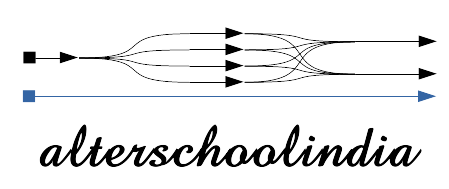Atheism is, in the broadest sense, the absence of belief in the existence of deities. Less broadly, atheism is the rejection of belief that any deities exist. In an even narrower sense, atheism is specifically the position that there are no deities. Atheism is contrasted with theism, which, in its most general form, is the belief that at least one deity exists.
Arguments for atheism range from the philosophical to social and historical approaches. Rationales for not believing in deities include arguments that there is a lack of empirical evidence, the problem of evil, the argument from inconsistent revelations, the rejection of concepts that cannot be falsified, and the argument from nonbelief. Although some atheists have adopted secular philosophies (e.g. secular humanism), there is no one ideology or set of behaviors to which all atheists adhere. Atheism is a more parsimonious position than theism and is the position in which everyone is born; therefore it has been argued that the burden of proof lies not on the atheist to disprove the existence of God but on the theist to provide a rationale for theism. However, others have disagreed with the view of being born into such a position.
- Atheism, Wikipedia as on 27th February 2018
A deity is a supernatural being considered divine or sacred.
- Deity, Wikipedia as on 27th February 2018
If you believe in the existence of a Deity, it may come as a surprise to you to accept the fact that some people do not believe as such. Note that here we are discussing the existence itself, and not trust.
In an utopia, people should be allowed to have diverse opinions and beliefs on various matters, as long as doing so does not harm others; shouldn't they?


 Got any questions?
Got any questions?